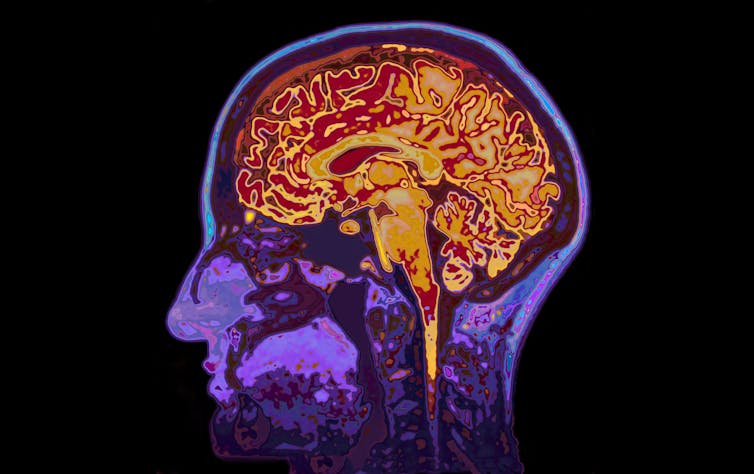
We are not born with many instincts. The instincts we are born with, however, in keeping with the purpose of instincts in all creatures serve the need to help us survive. They do that by enhancing our ability to cope with vital environmental emergencies. Humans have three basic instincts: self-preservation, finding a mate and social behavior.
A pretty strong argument could be made that during the Covid-19 pandemic restrictions and lockdowns across the globe the last one was severely circumscribed and, there was a majority of the global population for whom the last two were heavily impacted.
Our instinct for self-preservation allowed us to cope for a while. But not without side-effects. The rise in aggressive behavior, unfiltered social interactions, inappropriate social responses and generally poor decision making was not the result of the rise in perceived toxicity in newsfeeds or the use of social media or remote contact technology. All of this predated Covid-19 without our seeing a spike in anti-social behavior.
What we never had before this century was an experience of a restriction that starved our brain from the information it acquires during socializing in order to calibrate the norms within which it operates. The brain’s operational parameters guide choices and decisions that result in our everyday behavior.
Loneliness affects the brain the same way as trauma. But because we don't acknowledge it, it becomes even harder to deal with. As we are gradually coming out of the pandemic the question that should most consume us is how do we learn to behave socially again? So many of us are out of practice. Some of us are damaged either through personal loss, pandemic anxiety, isolation and loneliness, sudden changes in circumstances or, a combination of all of these. None of us are sure we can behave appropriately all the time, any more.
If you've been troubled by any of these questions, if you have been quietly thinking about them you can at least find some solace in that you're not alone. The answers are neither easy nor definitive, The problem is new and complex. There are ways, however, to make the transition into the post-pandemic world better.
If you are struggling here are some guidelines that will help:
1. Accept that things will feel weird. Much of our internal struggle comes from the mismatch of what we perceive and what we expected. The pandemic was a global stressor that stripped much of everyday reality from us. It will take time and perseverance to rebuild our understanding of what is emerging. It is key here to accept that things will feel weird for a while.
2. Be open about how you feel. We have all been bruised by what we've been through. Pretending we are OK is lying to our self and putting up a brave front that only makes others feel inadequate. If you are feeling uncomfortable about being social again. If you are experiencing anxiety about rejoining life. If the situations you encounter cause you stress. Speak to someone about it. Keep a journal, talk to a friend, start a thread. Just don't keep it to yourself, it only gets worse that way.
3. Be tolerant. While we are all supposed to be adults and polished and accomplished, accept that we have all been through a tough time regardless and none of us are sure how to behave any more. We are all trying but we will make mistakes. So if something triggers you, if you are not sure about something or you see behavior that feels odd, think that getting it right will take practice.
4. Be kind. The voice inside our head is more often a critic than a cheerleader. Right now we need the cheerleader more. So be kind to yourself first. Then be kind to those around you.
These are just four short steps that, applied, consistently, will make the entire experience of rejoining the external world feel better. I really hope this helps and a big thank you to the thoughtful Bee whose suggestion resulted in this post. You know who you are.

 from
from

 from
from